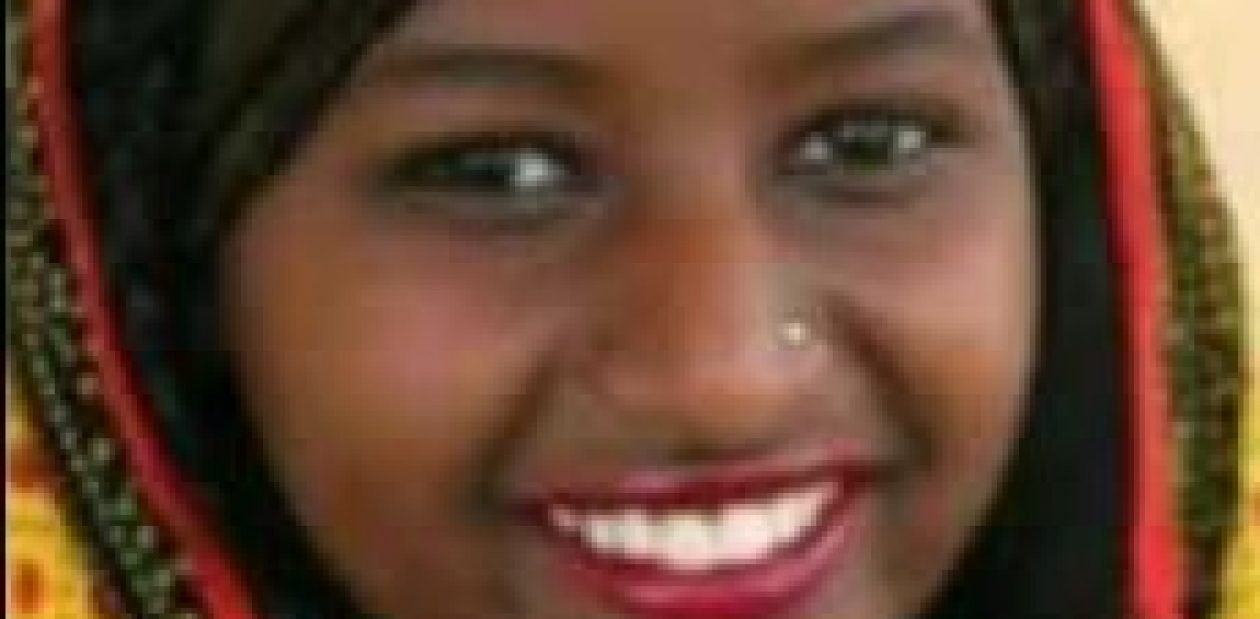BERN, Switzerland, March 20, 2014/African Press Organization (APO)/ – Some 30 members of parliament from six countries in East Africa have been invited to Geneva by the Federal Department of Foreign Affairs (FDFA) from 20 to 21 March. They are taking part in a seminar to discuss the federal systems of Switzerland, Ethiopia and other African countries. The project is in line with the Swiss strategy for the political stabilisation of the Horn of Africa.

The representatives have had the opportunity to discuss the themes of federalism and decentralised statebuilding with experts. The debate concentrated on the separation of powers, sharing resources and fiscal federalism. Most of the around 30 participants travelled to Geneva for an Inter-Parliamentary Union (IPU) meeting, which took place prior to the seminar. They were from Ethiopia, Djibouti, Eritrea, Somalia, Sudan, South Sudan and Uganda.
The seminar was of particular interest for the Somali, Sudanese and South Sudanese MPs. These countries’ reform projects seek to enshrine elements of federalism in their political systems. Participants from these countries will now be able to contribute comparisons of various federal models to the debate on the upcoming constitutional reform processes. Swiss federalism was not the only point of reference for the discussions in Geneva. Ethiopia and other African countries also have federal state systems.
The Geneva seminar on federalism reflects the priorities of the Swiss Confederation’s 2013 – 2016 cooperation strategy for the Horn of Africa. The strategy sets out Switzerland’s engagement in the region, working with the countries and the Intergovernmental Authority on Development (IGAD) for a culture of accountable governance and to strengthen peace dialogue. An agreement is in preparation to regulate cooperation with IGAD in various fields.
Stabilisation in the Horn of Africa is in Switzerland’s interest. It requires tensions and conflicts between states to be settled through dialogue and without the use of force. The governance of the individual states, the IGAD platform and the international community all have a major role to play in meeting these challenges. IGAD is comprised of the following member countries: Djibouti, Ethiopia, Eritrea (membership currently suspended), Kenya, Somalia, South Sudan, Sudan and Uganda
